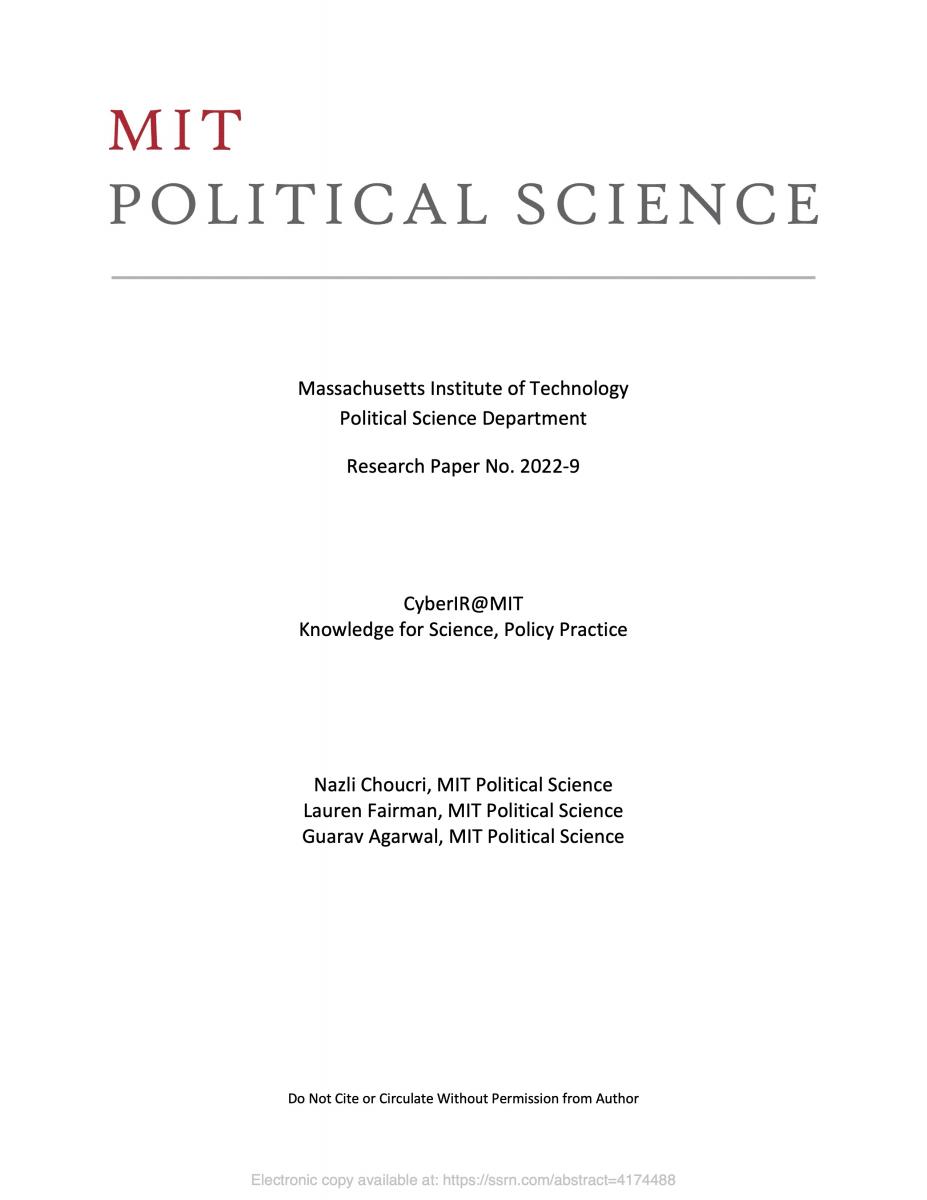URL:
Abstract:
There is a common belief that only the states themselves should be concerned with state-level cyber security and that private actors outside the state-system hold no jurisdiction. However, the private sector is gaining increasing power with the expansion of the internet and the capabilities possessed by individuals. It is thus in the greater interest of states, especially the U.S, to support civilian efforts in cybersecurity as there is a mutually beneficial relationship between state and non-state actors. This behavior is called "defending forward". Private actors like corporations have their own interests in cybersecurity and thus employ highly-educated civilians to work for them. The U.S government needs to provide a good-will common incentive for corporations and individuals to cooperate with them. Besides being a useful asset from a technical cybersecurity perspective, fostering good relationships with non-state actors dissuades them from being the very cybersecurity threats that states are worried about. Distrust of the government is a common-incentive for individual-level actors to conduct cyberattacks. By working with and helping business communities that regularly surpass U.S defense systems in terms of cybersecurity, the U.S can leverage the power of secure non-state actors to increase its own defense.
Year:
2019
Domain:
Dimension:
Region:
Country:
United States



